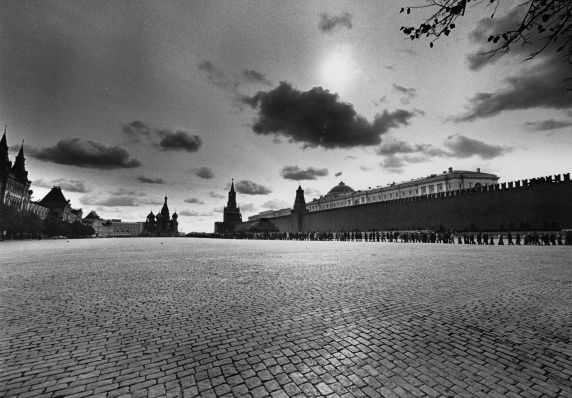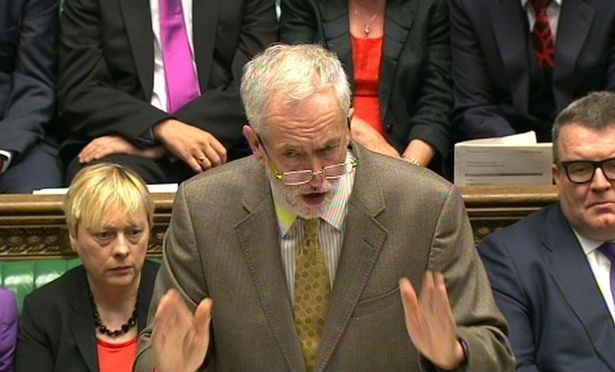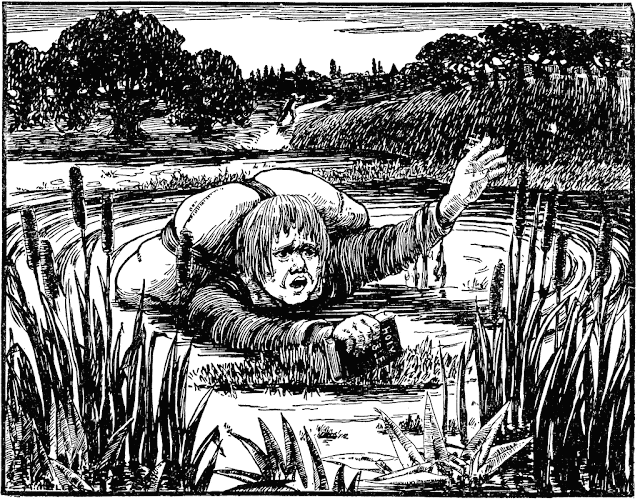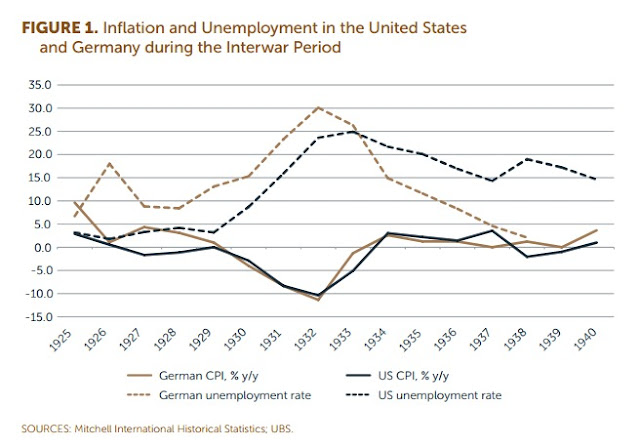No apology, just an explanation

My Forbes post on the threat to democracy in the EU touched a nerve. Well, several nerves, actually. Some people regarded my invocation of the Prague Spring as insulting to the people who suffered under Soviet oppression: others objected to my comparison of the benevolent EU with the evil USSR: and a few complained that I had presented the Syriza government as "martyrs", when they are nothing of the kind. And lots of Portuguese called me out for misrepresenting how their parliamentary democracy works. First, let me deal with the Portuguese. I'm not going to discuss the Portuguese semi-presidential political system, here or anywhere else. I don't claim to be an expert on the political system of my own country, let alone someone else's. In the Forbes post, I was careful not to suggest that the Portuguese President had exceeded his constitutional authority. I criticised his words, not his actions. Unfortunately it appears that my post, like others on similar...





